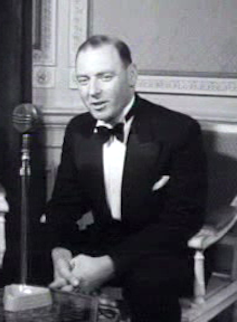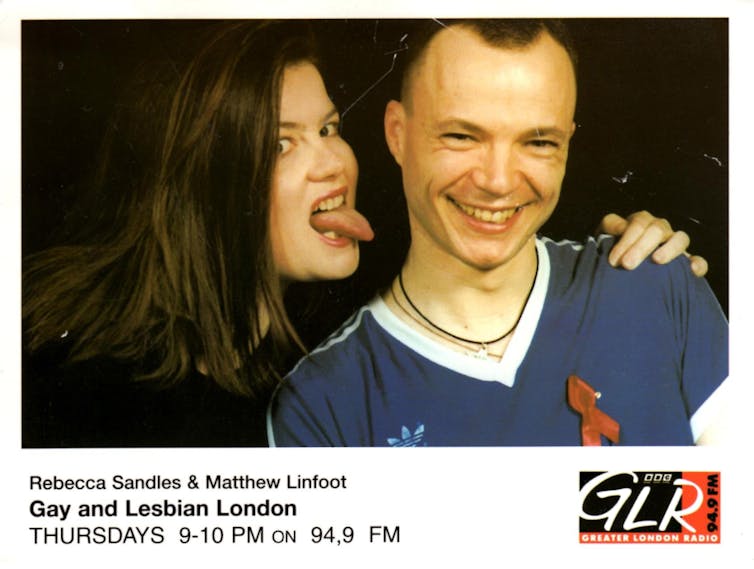When it comes to celebrating anniversaries, radio finds it hard – before the days of downloadable online content, radio by its very nature was transient and ephemeral. We tend to remember the act of listening to the radio rather than the programmes themselves. Yet radio anniversaries have been falling thick and fast in 2017, with BBC Radios 1, 2, 3 and 4 all celebrating their 50th birthdays and the Today programme marking its 60th.
Now it’s the turn of BBC Local Radio, which also launched in 1967, almost as a byproduct of the Marine Offences Act, when unlicensed or pirate radio was outlawed, paving the way for the BBC to reorganise the networks.
Local Radio can be forgiven for playing down its 50th year – on several counts. Strictly speaking, the anniversary applies to the service itself and the three stations which launched in 1967 (Leicester, Sheffield and Merseyside), rather than the remaining 37 stations across England, which emerged subsequently.
But the anniversary is also a reminder of local radio’s origins, and why it may be facing an existential crisis. As broadcaster and radio consultant David Lloyd highlighted in his blog, regulator OFCOM has drafted a new operating licence for BBC radio services, which leaves the door open to radical changes which would strike at the very heart of local radio’s raison d’etre.
Lloyd speculates that if the draft licence is adopted, the BBC could abandon the requirement to serve an audience that is aged over 50. News coverage could be diluted and the commitment to “champion the local area” might vanish.
These proposals would unmask the paradox that has never fully been resolved, which is how to define what BBC Local Radio really is. Critics have been quick to dismiss it as community-lite, a service that only shines in times of crisis (often weather-related), and easily lampooned for trite items and dull phone-ins and – perhaps in jest – presenters in the Alan Partridge mould.
Connecting communities
Broadcaster and BBC executive, Frank Gillard – who is rightly regarded as the founding father of Local Radio – wanted a network of stations that would connect communities, and, as he put it: “Present on the air, and in many different forms and through a multitude of local voices, the running serial story of local life in all its forms.”

Polygoon Hollands Nieuws, CC BY-SA
Gillard’s vision was to realise the public’s growing dissatisfaction with metropolitan-centred broadcasting that had dominated BBC radio in the post-war years. He promoted a resurgent interest in local affairs, ranging from municipal politics to community interaction. Despite launching tentatively as an eight-station experiment in 1967-68, BBC Local Radio broke new ground in developing a rich tapestry of output aimed at local communities. It combined specialist interest programmes with civic coverage and news from the doorstep.
As is clear from the BBC Written Archive, the success of the early stations was partly due to this pioneering spirit and the autonomy that they enjoyed, led by all-powerful station managers.
In her memoir, Radio: A True Love Story, journalist and presenter Libby Purves lovingly recalled the extraordinary opportunity for trying out new ideas, mindful that everything was done on a shoestring. Purves also hits on an overlooked contribution to the ecology of radio, the development of the broadcaster as a multi-skilled professional “with my knobs and chinographs and razor blades”. Radio is a craft – and the local training ground has helped many aspiring producers and presenters to learn their trade.

BBC
I’m sure I’m not alone in saying that I owe my career in radio and then academia to the opportunities given to me while working in Local Radio. In my case it began by co-presenting and producing a long-running community programme aimed at the LGBT audience in London.
Modern times, new demands
The radio landscape has radically altered in the past couple of decades. Many
of Local Radio’s problems stem from the difficultly in matching the early success of the pioneering stations.
The old guard in Broadcasting House never really understood it. BBC managers reacted by reining in the stations, so they lost much of their individuality. Local Radio also faced endless cash shortages. Less money meant larger stations – and, by 1980, after a series of working parties organised by the Home Office to share out frequencies between the BBC and the Independent Broadcasting Authority (for commercial local radio), BBC Local Radio became less small-scale and more countywide. This inevitably diluted the local connection. Now, local has become almost quasi-regional in places – radios Cumbria and Cornwall, for instance, both serve dispersed and diverse populations. Then there’s the perennially vexed question of London, where Local Radio has always had mixed fortunes.
Ironically, it’s the expanding network of small-scale community stations that is coming closer to matching Gillard’s original dream. But the key difference between community radio and Local Radio is the principle of public service broadcasting, to serve areas and populations that would otherwise be ignored. Yet it still comes at a price.
The most recent BBC Annual Report put the cost of Local Radio at £112.9m a year (2016-17), which is double the funding of Radio 2 or 5Live. Some 14.6% of the available listeners in England tune in each week, which is a bit less than the UK-wide Radio 1 audience. That works out at 4p per hour per listener – which is expensive compared to the networks, but the appreciation index is the joint highest (with Radio 3) at 82.7.
However, the audience is falling – with 8.25m weekly reach in the most recent quarter, which is down from 8.43m in the previous year.
Undoubtedly Local Radio will need to adapt and work more creatively in the future (such as the “local democracy” scheme with newspaper groups). It should diversify more into “non-live” output (podcasts, multi-platform, creative use of content using visuals, such as video and graphics). There’s still a loyal, licence fee-paying audience that regard Local Radio as their friendly radio – and that surely makes a strong case for the BBC to continue this service for the coming 50 years.
Matthew Linfoot, Principal Lecturer, University of Westminster
This article was originally published on The Conversation. Read the original article.
Photo by Alexey Ruban on Unsplash











